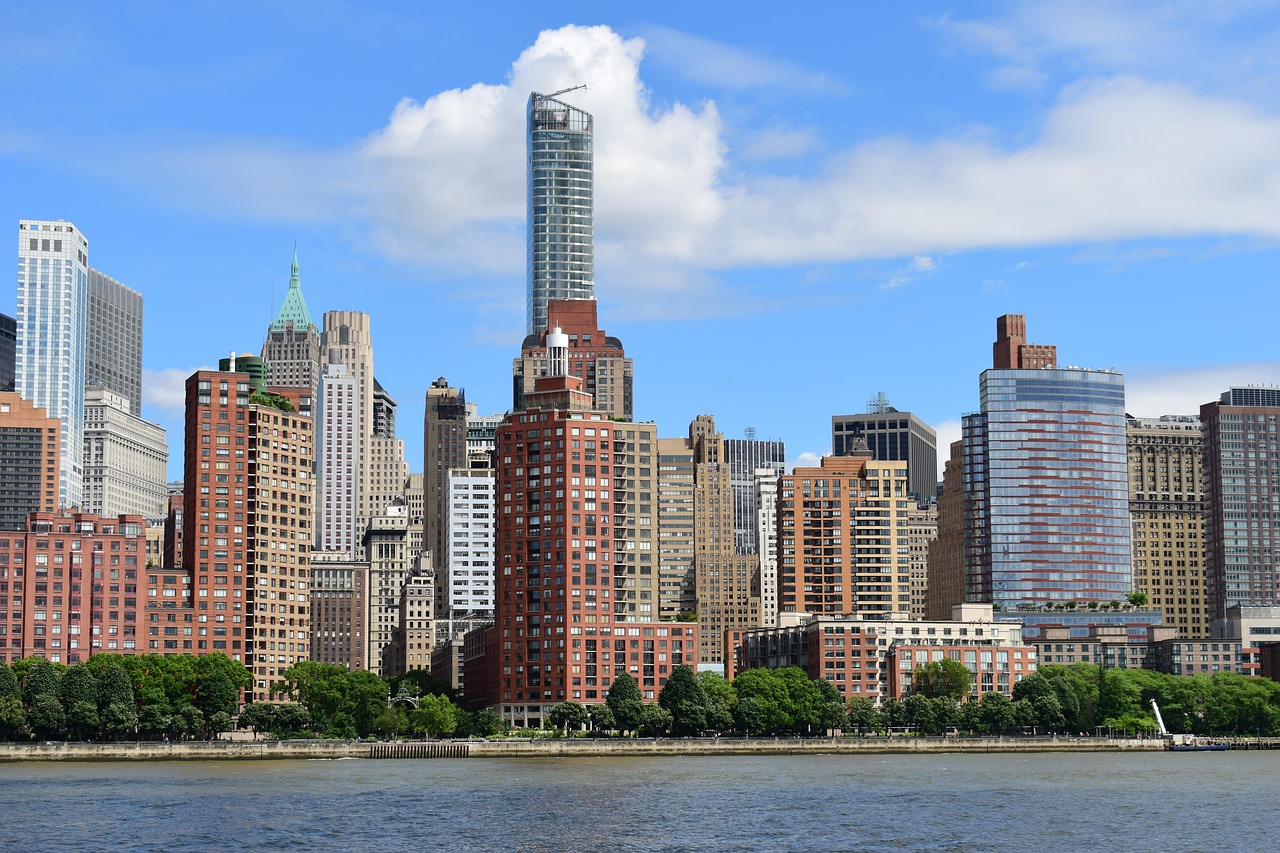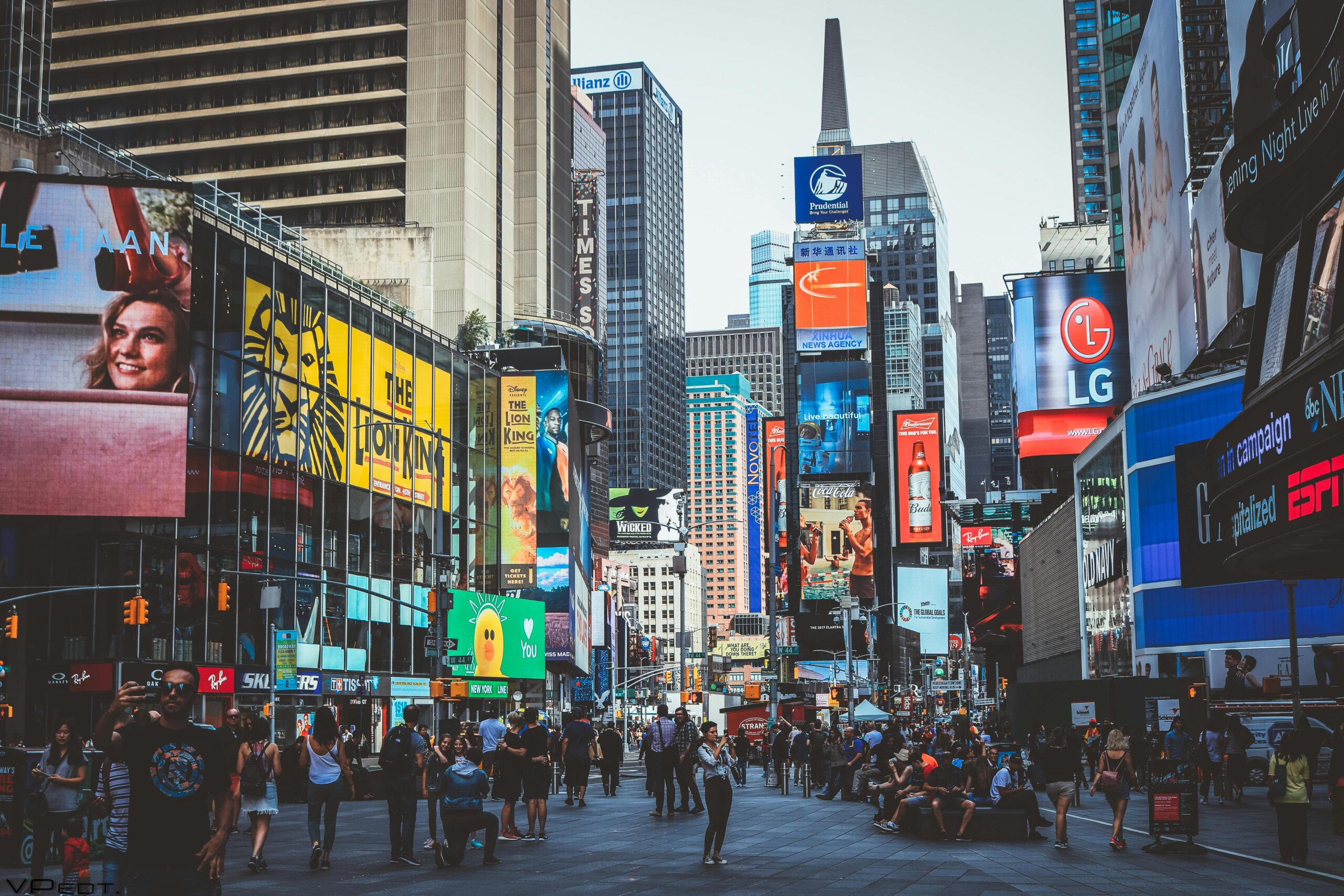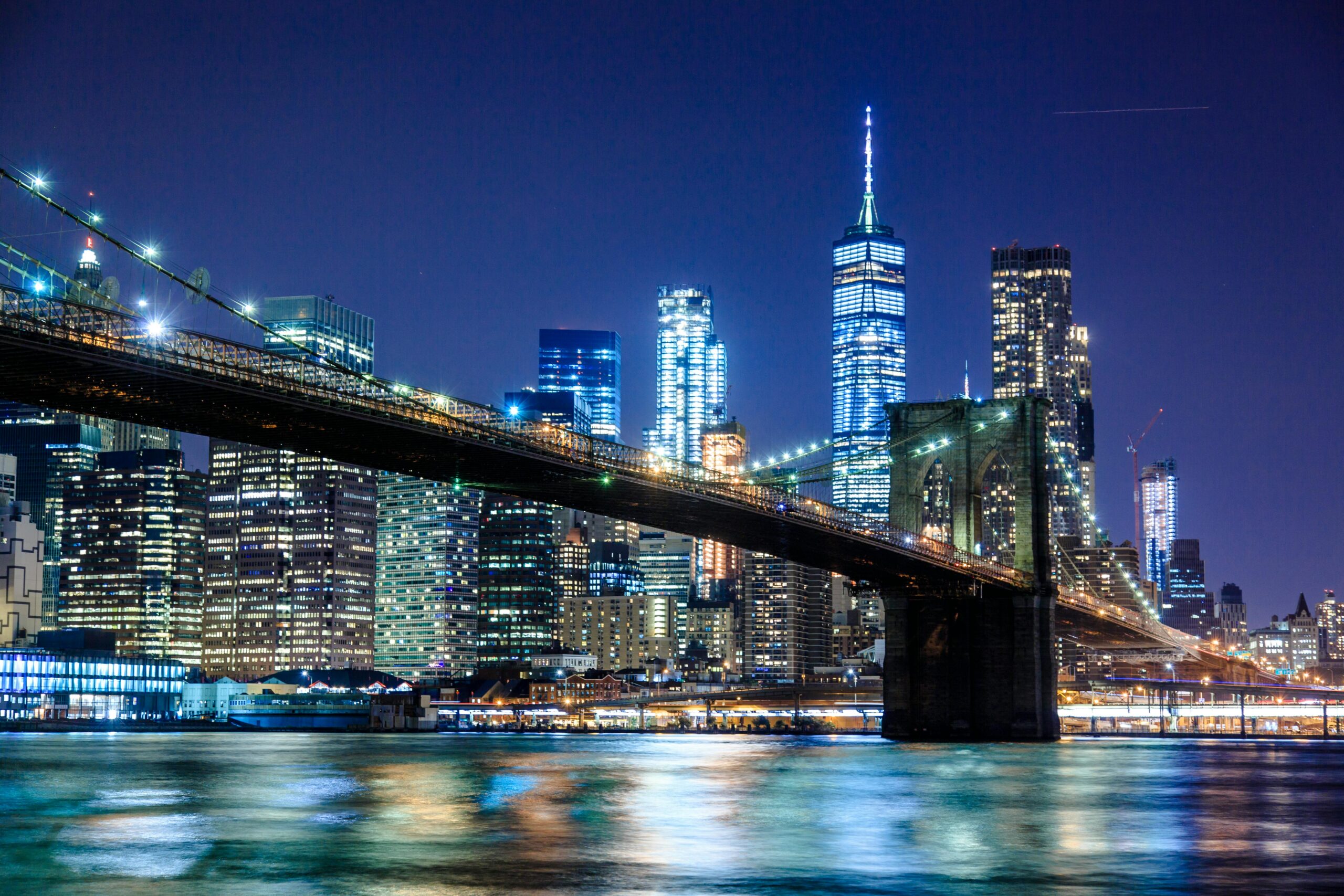- Key Takeaways
- Why Dubai Appeals to US Investors
- Understanding the Investment Landscape
- Navigating the Legal Framework
- A Practical Guide for US Investors
- Mitigating Investment Risks
- The Human Capital Advantage
- Conclusion
- Frequently Asked Questions
Key Takeaways
- With its strategic location, cutting edge infrastructure and unrivaled safety, Dubai provides US investors with unparalleled global access and security.
- Dubai’s property market is backed by a dynamic economy, its continued diversification and friendly policies, all of which fuel strong demand and promise high return on investments.
- UAE laws strongly protect foreign investors, which underscores the importance of adhering to local regulations and having a comprehensive knowledge of the area’s tax codes to maximize investments.
- Working with local real estate pros and financing opportunities are your practical way of gaining access and navigating Dubai’s exciting dynamic property market.
- Cautious risk mitigation, such as due diligence and legal advice, remains critical to protect investments from market volatility and legal hurdles.
- Dubai’s multicultural and highly trained workforce, along with its focus on education and networking opportunities, fosters a collaborative atmosphere that drives innovation and business success for foreign investors.
Dubai draws strong interest from US investors. A lot of people are attracted to Dubai’s liberal trade laws, secure banks and generous tax incentives. Rapid development in tech, real estate and trade are prominent. Dubai provides a transparent route for US investors looking to expand overseas. To find how Dubai supports these assertions, the following sections dive into specifics on action and actual advantage.
Why Dubai Appeals to US Investors
Dubai attracts US investors and American businesses for obvious reasons. It’s these factors that make it a compelling option for anyone seeking to generate wealth through real estate investment while remaining in a transparent and secure marketplace.
Dubai’s location puts it at the nexus of Europe, Asia and Africa. This facilitates smooth trade and logistics. Goods ship quickly, and international companies can establish regional offices easily. More than 4,000 international companies have their headquarters for the Middle East and Africa in Dubai, due to its ports and airports.
The city provides investors a tax-free advantage. No annual property tax, no capital gains or personal income tax. That is, profits remain with you, not the government. A lot of US investors view this is an easy way to hold onto more of what they make.
It’s nice and wide, too — Dubai’s real estate market is broad. Investors can choose between waterfront residences, smart-city apartments, branded units or luxury villas. You receive high rental yields—often 5% to 8%—which beats many major metropolitan areas. 30-year, off-plan deals with 0% interest help buyers get in without steep upfront costs.
Safety is a concern. There are low crimes and high safety rules in Dubai. This provides comfort for US investors, who might fret about risk in new markets.
The city’s system operates effectively. The infrastructure is great—roads, airports, telecom, services all top-notch. Commerce can hum, enabling businesses to thrive and expand.
Dubai’s culture is open. 85% plus expats, living in harmony. So it’s easy for outsiders to assimilate and form networks.
Investors get more than yields. Purchase a property valued at AED 2 million or above, and become eligible for a long-term visa—up to 10 years! All of which assist in organizing your life and family planning.
Understanding the Investment Landscape
As a city of choice for international investors, Dubai is distinguished by its sustainable growth, robust regulations and strategic economic planning. The city’s property market has witnessed increasing demand in coveted locations among local and international purchasers. Examples of growing demands in Dubai property investment include:
- High-rise apartments in central business zones
- Luxury villas near beaches and golf areas
- Commercial spaces in tech and free-trade districts
- Short-term rentals for tourists and business travelers
- Sustainable buildings with energy-saving features
Dubai’s efforts to build itself beyond oil have formed a fertile environment for capital to circulate. The government promotes tech, tourism, trade, and green energy. These moves reduce risk for investors and assist in maintaining the city’s growth momentum. As evidence, Dubai ranked 14th on the Innovation Cities Index and 30,000 new companies entered their market in 6 months. Wealth and asset managers are up by 16% in the city’s central business district, reflecting increasing confidence in Dubai’s regulations and strategy.
American investor enthusiasm rises as Dubai provides reasonable tax rates, simple company regulations and transparent legislation. These simplify the establishment and expansion for international companies. Half the trading on the market in 2024 was from abroad and 85% of new market users were foreign. This international blend creates a vibrant, transparent marketplace, formed by clever economic laws.
Dubai’s real estate continues to attract those seeking high returns. The city’s strong growth, strong demand and big building sector—$66.27 billion in 2023, forecast to hit $95.17 billion by 2029—fuel solid returns and fresh opportunities. Sukuk now account for 76% of all debt trading, with $97.8 billion listed and a 42% increase in new issues. This indicates a robust, varied capital market.
Navigating the Legal Framework
Investors eyeing Dubai should understand the regulations that protect their funds and streamline transactions, especially in the context of the booming real estate investment market. Dubai’s laws have shifted significantly in recent years, facilitating a more favorable environment for American businesses. The UAE recently announced that foreign investors can own 100% of companies in select freehold zones, a result of a 2020 law change. This move is just one element of a larger strategy to liberalize the economy and invite more international business. For investors, this translates into additional flexibility to operate on their own terms, without a local partner.
Legal protections are robust in Dubai, but remaining within the law requires effort. Companies must abide by rules on corporate governance, such as maintaining honest books and clear records, which is particularly important for American investors. There are yearly audits required in free zones and for larger mainland companies. Audits keep things on the up and up, establishing trust with partners and ensuring compliance with the UAE laws. Laws drive corporate transparency, so companies must reveal who owns and manages them, preventing fraud and maintaining a level playing field in the marketplace.
Legal Protection | Description |
|---|---|
100% foreign ownership | Allowed in freehold areas for full investor control |
Annual audits | Needed for companies in free zones and larger mainland firms |
Corporate transparency | Firms must show real owners and clear records |
Economic substance | Rules to prove business activity is real and local |
VAT | 5% tax on most goods/services, introduced in 2018 |
Tax is another key aspect. With the UAE’s 5% VAT impacting most transactions, understanding the tax regulations enables investors to strategize and dodge unexpected shocks. Certain companies additionally have to satisfy economic substance regulations, demonstrating they genuinely conduct business in Dubai. This could entail demonstrating evidence of local employees, expenditure, and office premises.
Closing deals is all about having the right documents. Contracts must be explicit and compliant with local laws. Documents need to be vetted for ownership, payment terms, and compliance with up-to-date regulations. Staying on top of new regulations is crucial, as Dubai frequently revises its legal code, making advice from local professionals invaluable for American companies navigating the landscape.
A Practical Guide for US Investors
As a US investor, investing in Dubai’s property market means wrangling with rules and fees and cultural norms. It highlights key steps and what to expect below in this checklist.
Begin by sizing up your investment. US investors seeking a visa generally must invest at least $800,000 in targeted employment areas or $1,050,000 elsewhere. Such an investment can establish a green card path for you and your immediate family, resulting in citizenship after five years as a resident. Figure out the legal and tax side early. Both US and UAE rules govern how you invest and what you owe. Consult with lawyers and tax advisors who understand both markets—they can spot problems before they become expensive.
Consult a local property specialist in Dubai. They understand the market and identify locations with strong rental yields—up to 8-20% annually—or where values are set to increase. Picking the right location is crucial, as is understanding the local procedure. You’ll have expenses including a 2-5% developer commission, a 4% registration fee, and bank fees of $544.5 to $1,089 if you opt for a mortgage. See what financing options UAE banks extend. This will allow you to scale your investment without locking up all your capital.
Keep current with market trends — read reports and attend local seminars. Trends are fast and knowing what’s new helps you buy or sell at the opportune moment. If your path is through an investment visa, you need to generate or maintain 10 full-time jobs for US workers—a huge but necessary leap. Families get to tap into top schools at in-state tuition rates, an added bonus for investor-parents. Getting to know Dubai’s business style and culture will help lubricate the process.
Mitigating Investment Risks
Dubai appeals to lots of US investors with its robust growth and stability. It’s useful to examine strategies for mitigating those risks prior to investing in real estate or other holdings. Here are some clear steps:
- Diversify among asset classes, as well–homes, offices, retail–so that you don’t get hit by one unfortunate market shift.
- Keep an eye out for economic barometers such as oil prices, tourism statistics and new legislation which could alter the UAE market.
- Employ transparent, tax-smart investment configurations to play by the rules – and minimize expenses.
- Investigate developers’ history and property records in order to avoid scams or substandard projects.
- Focus on growth that sticks, not easy victories, to keep losses at bay.
- Follow population trends and demand for new homes or stores.
- Understand who can own what, how to hire or fire people, and what licenses you’ll need for business.
- Collaborate with legal pros familiar with Dubai’s laws to ensure all papers are in order and to identify any hidden risks.
- Expect price corrections as certain regions may experience declines of 15%.
It’s important, therefore, to consider how the market recovers from downturns. Dubai’s long-time dependence on oil and tourism implies that external shocks can be felt deeply. Certain markets might experience an overabundance of new construction, which can depress prices or rent. Doing your homework on laws and business ways in Dubai can keep risks low. That’s to say, scrutinizing each deal and examining the developer’s history. Explicit guidelines and anticipation of what’s ahead in the market can assist in limiting surprises.
The Human Capital Advantage
Dubai puts people first in its drive for growth. The city ties its future to smart, skilled people who make ideas happen. This emphasis on human capital goes beyond a jobs agenda; it lays a foundation for a creative economy, where tomorrow’s entrepreneurs receive the training and encouragement they require to transform concepts into tangible ventures that address actual needs. The city’s commitment to fostering innovation aligns with its status as a major investment hub in the Middle East, attracting both Emirati investors and American businesses.
Dubai’s nine-month boot camp blends academia with client work, industry networking, continuous coaching, and cultural immersion. This program provides individuals with both know-how and practical experience. Most participants hail from the world’s best schools, with over 30% from QS Top 10 universities. The city’s open door to world talent draws in those from banking, tech, tourism—and beyond—creating a talented and diverse workforce in Dubai, which is essential for real estate investment and economic diversification.
Associates in these programs do more than learn—they work on actual consulting projects with leading firms. These $27 million projects benefit not only the trainees but the business community as well. This circulation of talent and expertise accelerates innovation and positions the city as a prime destination for US buyers seeking growth and new business connections.
Networking and cultural mix are huge advantages when you’re in Dubai. The table below sums up their benefits:
Benefit | Networking | Cultural Diversity |
|---|---|---|
What it brings | Meet leaders, find partners, share ideas | Learn from many cultures, build trust |
Value | More chance to team up or grow | Broad views, global links, new markets |
Example | Industry mixers, business groups | Multilingual teams, cross-border deals |
Conclusion
Dubai appeals to US investors seeking rapid expansion and a diverse variety of opportunities. It gives you strong rules and good safety and a skilled work pool. Numerous U.S. Investors have witnessed obvious profits from property, technology, and commerce. Dubai’s laws protect innovation and ensure equitable transactions. US investors get assistance from local specialists and resources that simplify every step. When you know the rules and risks, it provides a distinct advantage. Dubai’s growth and diversity of population lay a solid foundation for new ventures. To maximize your return from Dubai’s appeal, begin with solid study and consulting trusted associates. Explore additional comprehensive guides and network with fellow movers.
Frequently Asked Questions
Why is Dubai attractive to US investors?
Dubai provides a rock solid economy and tax benefits, making it an attractive investment hub for US investors looking to expand globally. Its state-of-the-art infrastructure and wide range of business opportunities appeal to American businesses.
What legal requirements must US investors consider in Dubai?
US investors must grasp Dubai’s business and licensing laws and ownership structures, especially in the thriving real estate market. Nothing beats a visit to a local law professional for compliance and friction-free entry.
Are there restrictions on foreign ownership in Dubai?
Dubai, as a major investment hub in the UAE, offers 100 percent foreign ownership in many industries, especially within its free zones. For American businesses, forming alliances with local players may be necessary beyond these sectors, so it’s crucial to review the rules before property investment.
What are the main risks for US investors in Dubai?
Currency fluctuations, regulatory changes, and market competition are major risks for American businesses. Thoughtful research, legal advice, and local partners can help mitigate these issues.
How can US investors transfer funds to Dubai safely?
Make sure to use established international banks or financial institutions for transferring funds securely, complying with both US and UAE financial regulations, especially for American businesses and real estate investment.
What sectors in Dubai are most popular among US investors?
Real estate investment, tech, tourism, and financial services are big favorites among American businesses. These sectors have robust growth prospects and resonate with international investment patterns.
How important is local talent for US investors in Dubai?
Skilled local professionals enhance the impact of American businesses. Dubai’s multicultural labor pool assists foreign investors, including Emirati investors, to evolve and proliferate in the marketplace.



